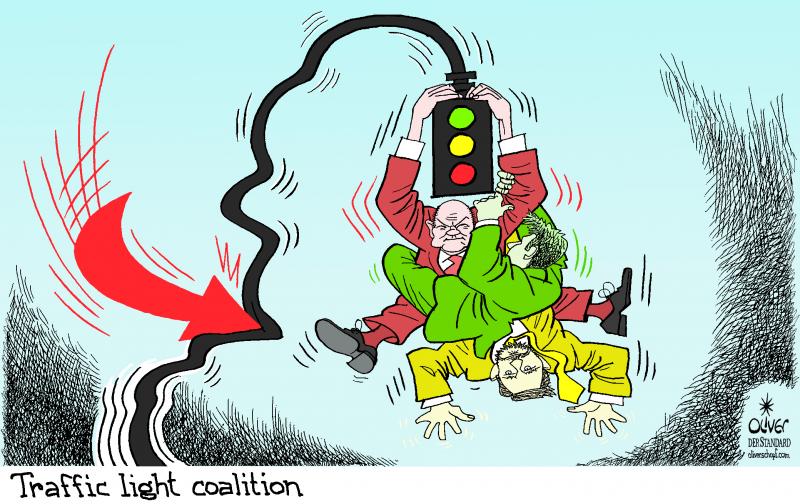On 1 September, Alternativ für Deutschland (AfD, far-right) came out on top in the regional elections in Thuringia, Germany. With 32.8 percent of the vote, the party took 32 of the 88 seats in the eastern German state parliament, well ahead of the Christian Democratic Union (CDU, right-wing) with 23.6 percent (23 seats). In third place was the newly-formed Sahra Wagenknecht Alliance - For Reason and Justice (BSW, far left), with 15.8 percent of the vote (15 seats). In neighboring Saxony, the AfD had to concede first place to the CDU, but only by a hair's breadth - 30.6 percent of the vote (40 seats out of 120) against 31.9 (41 seats).
This is the first time that Germany's far-right has won a regional election since the Second World War. For some observers, these elections merely confirm a strong trend that has been underway for years, but these results, and the rise of the extreme right, mark a genuine divorce from the region's outgoing coalition (Die Linke, Social Democrats and Greens), as well as a transformation of the German political landscape in general. All three parties currently leading the federal government (Social Democrats, Liberals and Greens) within the so-called "traffic light" coalition recorded a clear drop in the polls.
Do you like our work?
Help multilingual European journalism to thrive, without ads or paywalls. Your one-off or regular support will keep our newsroom independent. Thank you!
















